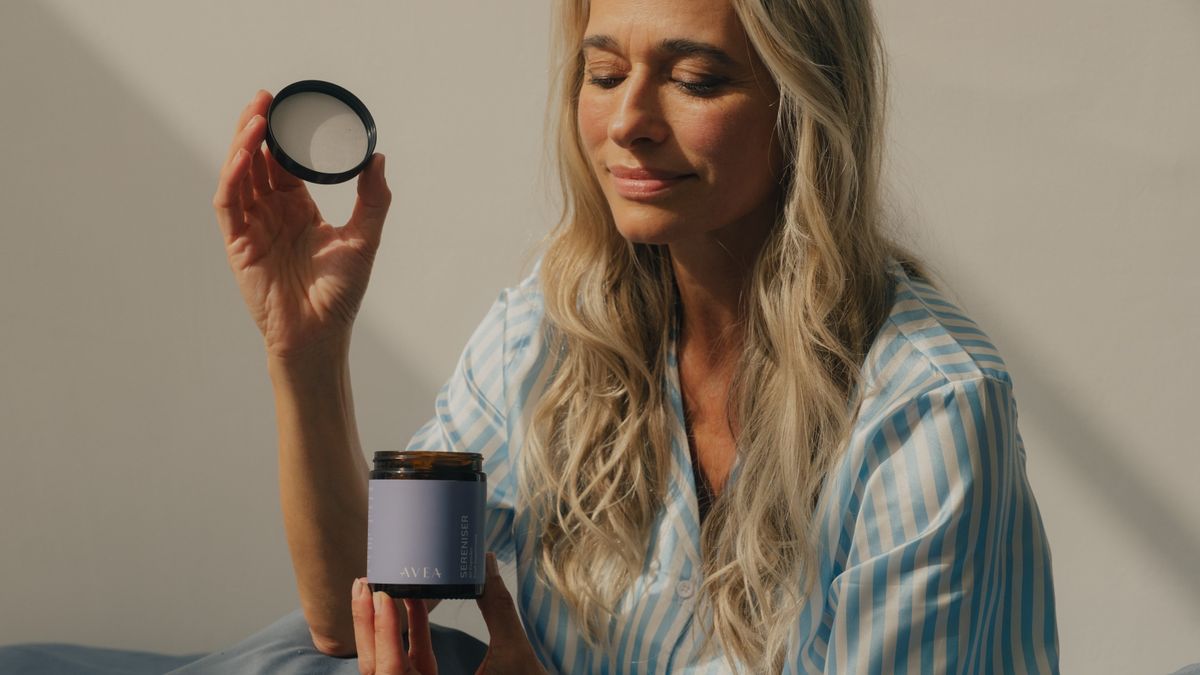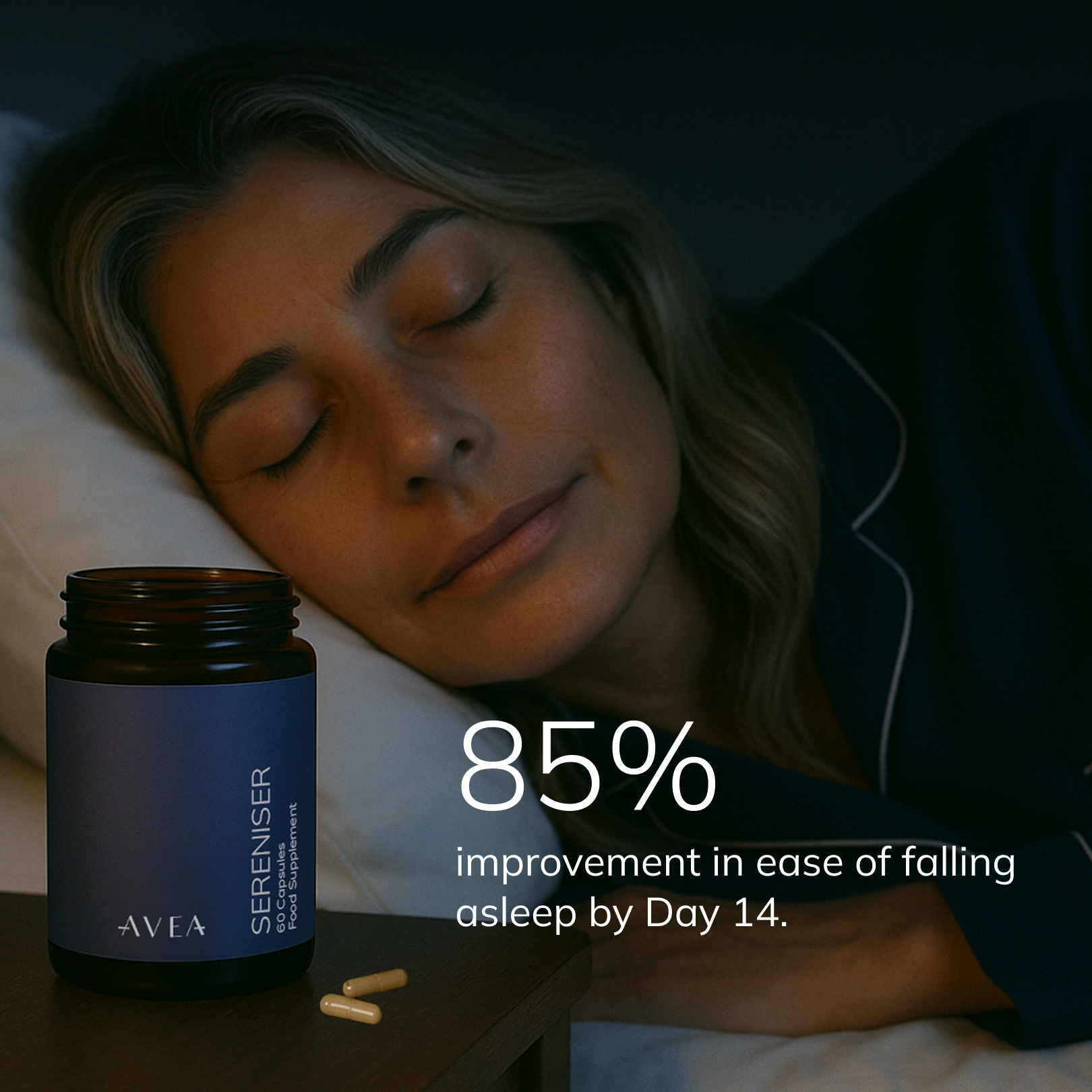When Melatonin Fails: 5 Habits That Fix Sleep

Let’s be honest: most of us have tried melatonin at some point. And for some, it works like magic. But for many others? Not so much. You take it. You wait. You scroll. You wait some more. And suddenly it’s 2 AM, you’re overthinking your to-do list, and your phone is somehow still in your hand.
So what’s going on?
The truth is, sleep isn’t just about melatonin. It’s about rhythm, recovery, and giving your body the signals it needs to shut down and restore. If your sleep feels broken, popping a single supplement won’t fix the system. But the good news? There are proven habits that can.
Here are five simple but powerful sleep habits that go beyond melatonin—designed to help you fall asleep faster, stay asleep longer, and wake up actually refreshed.
1. Anchor Your Circadian Rhythm
Your body loves rhythm. And the strongest cue it has? Light.
The way your brain knows when to sleep (and when to feel awake) is based largely on light exposure. When you get bright, natural light in the morning—especially within the first hour of waking—you anchor your internal clock for the rest of the day. That clock doesn’t just control sleep; it also regulates energy, hormones, digestion, and mood.
What to do:
- Get 10–20 minutes of sunlight within 60 minutes of waking.
- If it’s cloudy or winter, use a bright light therapy lamp.
- At night, minimize blue light and screen time at least 60–90 minutes before bed.
This one shift alone can retrain your sleep-wake cycle in just a few days.
2. Stop Overthinking Sleep
Yes, it’s ironic. But trying to sleep harder actually makes it worse.
Many people develop anxiety about not sleeping, which only triggers more arousal in the brain. Instead of forcing sleep, focus on calming your nervous system.
What to do:
- Try a "wind-down ritual": 30–60 minutes of low-stimulation activity (reading, light stretching, journaling).
- Use breathing techniques like 4-7-8 or box breathing.
- Avoid sleep trackers if they make you more anxious.
Sleep is not a performance—it’s a natural byproduct of a calm system. Your job is to create the conditions.
3. Support Your Body with the Right Nutrients
Sleep quality is nutritional, not just hormonal. Key neurotransmitters (GABA, serotonin) need building blocks like magnesium, saffron, and adaptogenic herbs. That’s where AVEA Sereniser slides in—with no melatonin or harsh sedatives.
What’s inside:
- Safr’Inside™ saffron
Clinically proven to reduce stress, support serotonin-to-melatonin conversion, and improve sleep quality - Holixer® (holy basil)
Helps regulate cortisol levels and activates your parasympathetic nervous system for deeper rest - Serezin™ (ginger & frankincense)
Targets night-time restlessness and supports deep, regenerative sleep - L-theanine
Promotes calm focus without drowsiness by boosting alpha brainwaves and reducing mental overstimulation - Magnesium bisglycinate
A highly bioavailable form that relaxes muscles, supports GABA, and calms the nervous system - Vitamin B6
Essential for producing GABA and serotonin, regulating circadian rhythm, and enhancing stress resilience
User experience:
- 93% report better sleep quality
- 2× easier to wake up refreshed
- 37% saw lower stress after 8 weeks
What to do:
Take two capsules of Avea Sereniser about 1–2 hours before bed. No drowsiness—just calm. It’s a gentle, science-backed way to support your nervous system without overriding it.
4. Move More, But Not Too Late
Exercise is one of the most underrated sleep tools out there. It helps clear cortisol, regulate blood sugar, and build sleep pressure (the natural drive to rest).
But timing matters. Working out too late can delay melatonin and keep your core temperature too high for deep sleep.
What to do:
- Aim for 30–45 minutes of moderate movement daily (walks, strength, cycling).
- Try to finish workouts at least 3 hours before bedtime.
- Use light stretching or mobility work in the evening as part of your wind-down routine.
5. Cool & Calm: Environment Matters
Your core body temperature needs to drop by about 1°C for you to fall asleep.
But modern environments are warm, and most people sleep hot. That combination keeps you restless and disrupts REM cycles.
What to do:
• Sleep in a room at 16–19 °C.
• Take a warm shower 60 minutes before bed—your body cools off rapidly afterward.
• Use breathable sheets or cooling pillows.
This preps your body for deeper, more consistent sleep.
Why These 5 Habits Stick Together
Think of sleep as a system—rhythm + calm + nourishment + movement + environment. When these work in harmony, sleep happens naturally. And if there’s a glitch in Habit #3 (nutrient support), Avea Sereniser fills the gap with clean, clinically-backed ingredients.
A Simple Nightly Plan
- 90 minutes before bed: Take Avea Sereniser to calm your system naturally (recommended 1–2 hours before sleep)
- 60 minutes before bed: Take a warm shower and do light stretching
- 30 minutes before bed: Dim the lights and switch off screens
- Right before bed: Read, journal, or breathe — no pressure, just slow down
Even adding one or two habits tonight can shift your sleep momentum.
Why This Is Smarter Than Melatonin Alone
Melatonin might help you fall asleep—but often doesn’t help you stay asleep. It can even disrupt your natural rhythm over time. Avea Sereniser takes a different approach: it supports your body’s own sleep system by balancing cortisol, boosting GABA, and calming the nervous system—without sedation. Pair it with the right habits, and you’re setting up real, sustainable sleep.
Sleep isn’t a hack. It’s a system—and your system deserves to be treated that way.
Author: Volker Blasek
Volker Blasek is a technical editor with a background in horticulture, fueled by a volunteer year on an organic farm. His passion for nature and conservation, paired with his expertise in psychology and science, shapes his engaging and thoroughly researched content. As a medical editor, he has authored over 3,000 articles on topics such as nutrition, diseases, symptoms, naturalopathy, and home remedies, delivering insightful and accessible reporting for a wide range of audiences.





